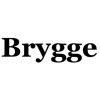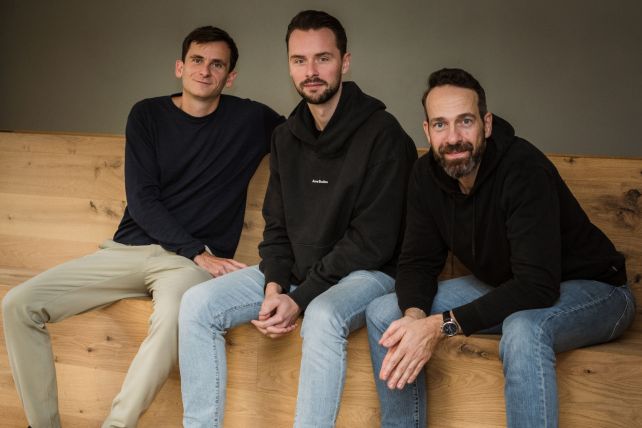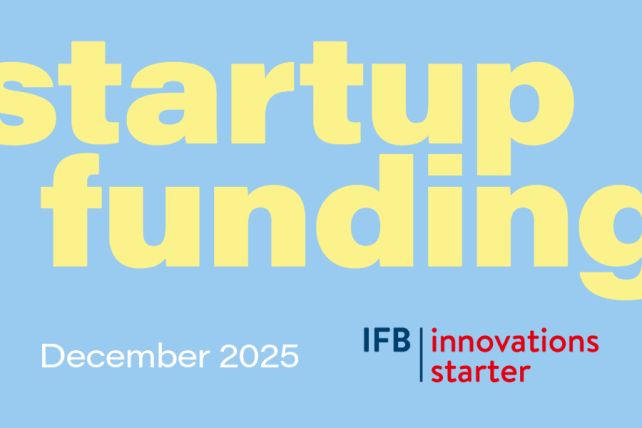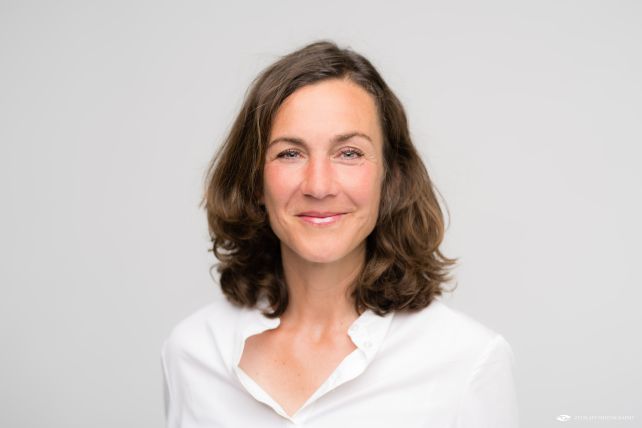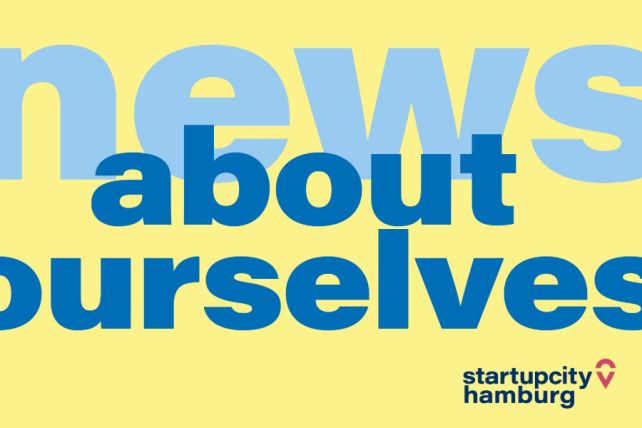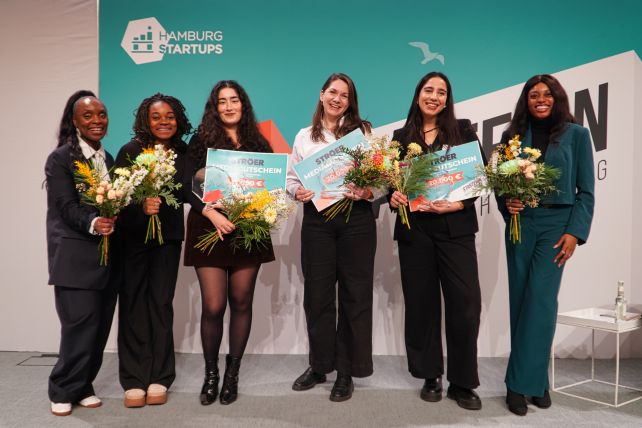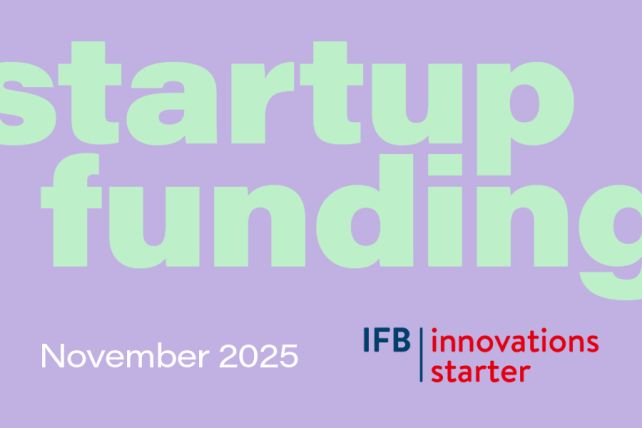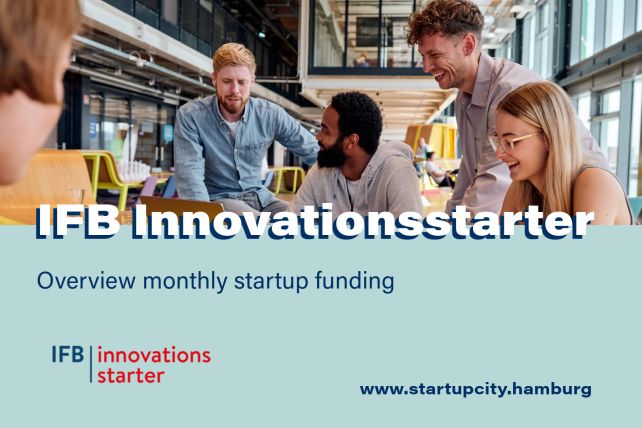When you think of the German fintech scene, you might first think of Berlin or Frankfurt. However, the industry's most comprehensive event takes place once a year in Hamburg. For four days, Fintech Week is all about the latest developments from the world of financial services, with a range of topics from crypto to artificial intelligence to sustainability. Wednesday's program for and with women in fintech was particularly popular.

Fintech Week reflects the diversity of the industry
The main venue for Fintech Week is Campus 75 on Willy-Brandt-Strasse in the heart of Hamburg. In addition, there are other locations, which is related to the concept of the event. Namely, a special feature is the variety of formats: There are workshops, panel discussions, dinners and even a conference within the conference. And there are also themed days such as the Female Fintech Day.
There, a trend became clear that one might not immediately associate with the financial industry, but here, too, social aspects are playing an increasingly important role. Brygge from Hamburg and Fabit from Berlin are examples of this. Brygge wants to introduce older people who are not familiar with the Internet to online banking, while Fabit helps people deal with money worries and get their finances in order. Bianca Steinke from Brygge, and Susanne Krehl, one of the founders of Fabit, took part in a panel for female founders and those who want to become one.
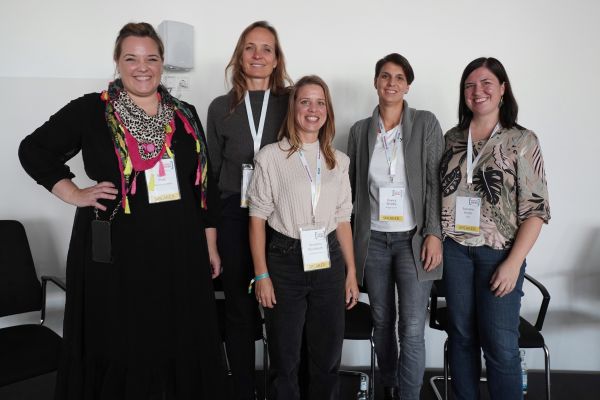
What female founders need: Advice and money
Both bring years of experience from the startup world. This still makes them exceptions; the scene is male dominated as ever. Women are involved in just 20 % of startups foundations. There is even more catching up to do in terms of financing: Only 1 % of the total volume goes to all-female lead teams. It is clear to everyone that something must change here, but what is to be done?
The first step is to advise on what options are available to support the startup process. Here, Hamburg Invest's Startup Unit is a helpful point of contact. At the panel, its head Veronika Reichboth highlighted IFB Innovationsstarter GmbH, among others, which has already helped many startups with initial financing and know-how. Brygge is even supported by two programs here, one of which is specifically for fintechs. There is no lack of advice, and it is essential in the beginning. Later, however, it's primarily about money, and that's when it becomes more difficult for female founders, explained Susanne Kehl. Many tend to be "overmentored" and "underfunded”.
What is particularly important to female investors? Heidrun Twesten, who herself prefers to invest in sustainable startups, had answers to this question. According to her, female founders must be passionate about their cause, address a global market that is preferably worth billions, and have an innovative, easily scalable business model. One challenge for women is that male investors, who outnumber women by far, prefer to invest in other men. In order to prevail in this situation, women should be particularly courageous and self-confident, was the appeal to the predominantly female audience.
